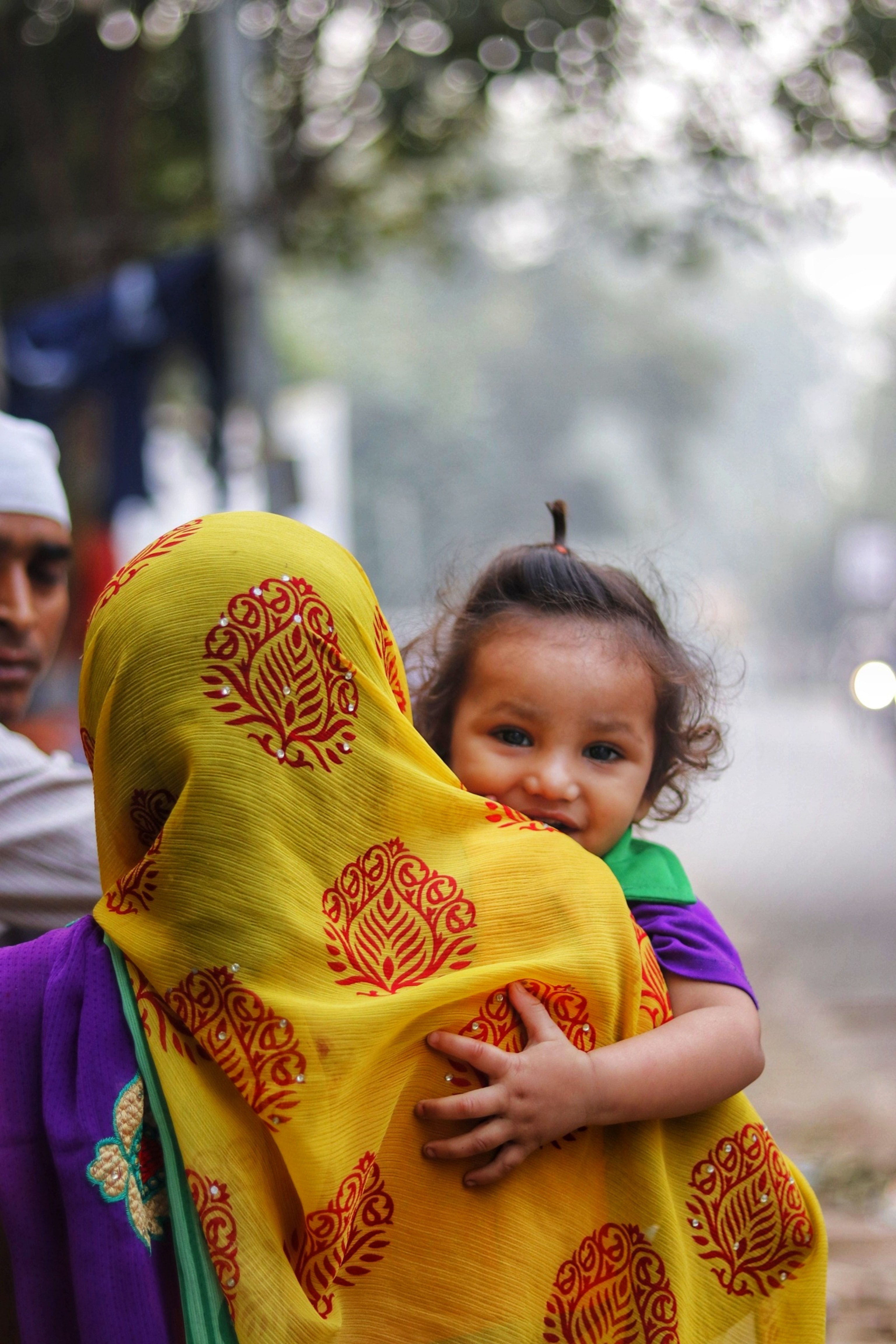Standard 3: Culturally safe practice with diverse communities

We will:
- respect children and family’s culture, beliefs, strengths and the different ways they influence how parents raise children
- learn about the life experiences and values of each family member
- ask families about culture and the people, community, places and practices important to them and their children
- make sure we learn from families and community when working with them and making decisions
- make sure children in care have updated cultural support plans and life story work that keep them connected to their culture every day
- talk about the support extended family and community may be able to provide
- talk to family and community to understand how culture is lived, and how they are connected to family, community and culture
- know and think about our own culture and make sure our thoughts or beliefs do not get in the way of being fair
- use a qualified interpreter if needed
- translate important written documents if needed, so information is clear to families.
What we mean by…
Cultural support plans must be done by DCJ as part of the Children’s Court Care Plan when a child in out of home care is Aboriginal, Torres Strait Islander or from a migrant or refugee background. They need to be for the individual child and have information about how the child’s cultural needs and interests will be met while they are in care. Caseworkers need to write these plans with children, family and community.
Life story work is the support DCJ gives to children in out-of-home care to understand their life story and to build a strong sense of self, family, culture and community. It may be a folder or box of photos, letters, family trees or other keepsakes.
Was this content useful?
Your rating will help us improve the website.
Last updated: 21 Apr 2022